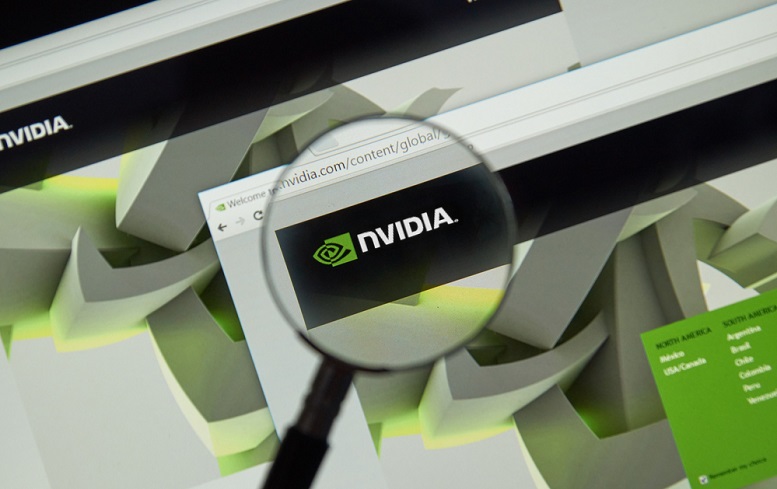Most people would agree that in 2017 Nvidia Corporation’s stock (NASDAQ:$NVDA) has been one of the biggest winners in the technology sector, with shares up roughly 48% to $158. However, the action has been a bit lifeless as of late. Over the course of the past couple weeks, Nvidia Corporation’s stock has been sitting in a range of $143 to $155.
This can be blamed on the summer slump and a lack of interesting and intriguing news. That said, there are other factors weighing on Nvidia Corporation’s stock, such as the recent downgrade from Citron Research. The firm has changed their price target on shares to $130 – this assumes roughly 18% downside.
Advantages to Nvidia’s Stock
Despite the downfalls, there is no denying that the fundamentals of Nvidia Corporation’s stock still look pretty attractive. So, without further adieu, let’s look at three advantages to Nvidia Corporation’s stock:
-
Accomplishments in Technology
The California-based company’s core technology – the GPU (Graphics Processing Unit) – is extremely versatile. The technology crunches enormous amounts of data at a low cost, and, in other words, a GPU is spot-on for the growth markets such as artificial intelligence and virtual reality.
Don’t believe me? Just look at Nvidia’s Drive PX system. The system is an artificial intelligence platform that focuses on helping automakers create their own autonomous vehicles. Here’s what the company has to say about it: “DRIVE PX can understand in real time what’s happening around the vehicle, precisely locate itself on an HD map, and plan a safe path forward. It’s the world’s most advanced self-driving car platform – combining deep learning, sensor fusion, and surround vision to change the driving experience.”
-
NVDA Financials and Execution
In terms of execution, Nvidia Corporation’s stock is almost perfect. NVDA is always finding ways to maintain the growth ramp – and impress Wall Street.
To put this into perspective, look at the latest earnings report. Total revenues increased by 48% to $1.94 billion and GAAP earnings per share increased by 126% to $0.79. Essentially, all parts of the company showed extraordinary momentum.
According to Jensen Huang, the CEO of Nvidia, “The AI revolution is moving fast and continuing to accelerate. Nvidia’s GPU deep learning platform is the instrument of choice for researchers, internet giants and startups as they invent the future.”
Additionally, NVDA is shareholder friendly. For fiscal 2018, there is about $1.25 billion that is expected to be returned to shareholders via share repurchases and dividends.
Last but not least, it seems that the growth momentum will not stop anytime soon. It’s worth noting that SunTrust analyst William Stein recently upgraded the stock with a $177 price target, stating that “there are still aspects of the company we think are under-appreciated.”
-
Leadership
Before Huang co-founded Nvidia, he worked at companies like Advanced Micro Devices (NASDAQ:$AMD) and LSI Logic. He first started his career as an engineer, with a BSEE degree from Oregon State University and an MSEE degree from Stanford University.
With this background, Huang had a standout performance as the leader of Nvidia. By 1999, Huang helped invent the GPU, which ended up revolutionizing the gaming sector. Huang was also adept at M&A and hiring influential managers, including CFO Colette Kress, who came to NVDA from Cisco Systems (NASDAQ:$CSCO).
In fact, the Harvard Business Review ranked Huang number six in its ranking of the top-10 best performing CEOs. And why not? Over the course of the last five years, Nvidia Corporation’s stock has returned over 1,000%.
Featured Image: Depositphotos/© dennizn











